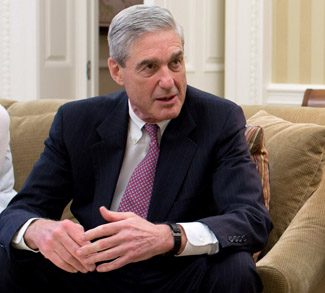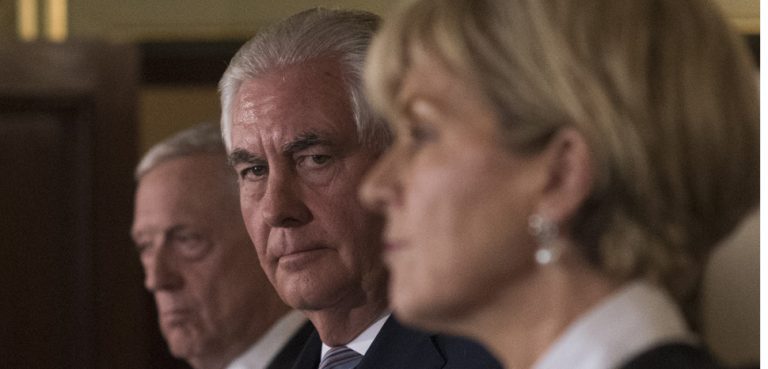Summary
The first charges in the Trump-Russia inquiry have been brought by special prosecutor Robert Mueller, the former FBI director who is examining charges relating to Russian interference in the 2016 presidential election and whether the Trump campaign coordinated with the Kremlin at any point. Mueller has indicted Trump’s former campaign manager Paul Manafort and his associate Rick Gates (who also worked on the Trump campaign) on tax fraud and money laundering charges. Manafort and Gates, who have both pleaded not guilty, were also charged with acting as unregistered foreign agents for Ukraine’s toppled pro-Russian government. While the indictment focuses mainly on the business activities of the two men before Manafort joined Trump’s campaign in March 2016, the allegations the pair face suggest close ties to Russia that overlap with the period of their activities for the Trump campaign.
Meanwhile George Papadopoulos, a former Trump campaign aide and foreign policy adviser, was revealed to have pleaded guilty to a perjury charge for lying to the FBI over his contacts last year with two people he believed had close ties to the Russian government. Papadopoulos is now a “proactive co-operator” with the FBI’s inquiry, meaning since his arrest in July he has possibly been used by Mueller’s team to engage other members of the Trump campaign under investigation and secretly recorded the exchanges. This is a typical prosecutorial strategy used to build cases in complex white collar criminal investigations. Similarly the charges against Gates and Manafort could be used as leverage to ‘flip’ them into cooperating with Mueller, who is believed to be eventually considering an obstruction of justice charge against President Trump. This was the same charge that resulted in both President Nixon and President Clinton facing impeachment proceedings (though Nixon resigned and was pardoned first).
Background
A Bitter partisan divide. A majority of the US electorate now believes that Russia attempted to influence the US 2016 presidential election result, but this may not help President Trump’s enemies bring him down. Americans are bitterly split over the question of the Trump campaign’s possible collusion with the Kremlin, with only 13 percent of Democrats believing that the president did nothing wrong in his dealings with Russia, versus 73 percent of Republicans. Trump’s first term in office appears relatively secure because so long as he can command this kind of loyalty from his base, the Republican congressional majority will insulate him from impeachment proceedings. The only thing that could shake up this dynamic is 2018 mid-term elections; however, the Democrats face a daunting electoral task in overcoming the Republicans’ considerable majority in the House.




